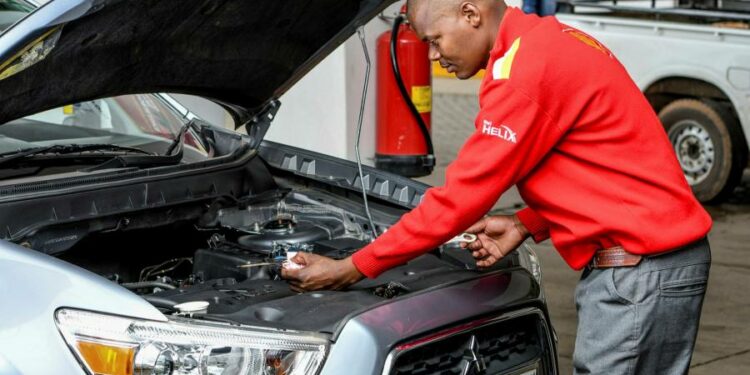Vitol’s proposed £1.7bn takeover of Vivo Energy is facing opposition from one of the London-listed company’s biggest minority shareholders, which is pushing for a higher offer.
The world’s biggest independent oil trader last month launched a cash offer worth 139p a share for the 64 per cent of the Africa-focused fuel retailer it does not already own, with chair John Daly saying the deal offered a “positive outcome for all stakeholders”.
That view has been challenged by RWC Partners, a top 10-shareholder, which is seeking an offer price that at least matches Vivo’s 2018 flotation price of 165p.
“RWC is disappointed that the Vivo board has accepted a bid without fully consulting minority shareholders and which, in our opinion, materially undervalues the company,” said the London-based fund, which holds a 1.6 per cent stake.
“We have been strong supporters of the management since its listing and believe the company has a strong future ahead as a listed company. We look forward to engaging further with the board.”
RWC was one of the shareholders that pushed back against a buyout bid last year for copper producer Kaz Minerals from its biggest shareholders. Along with other investors, it helped secure a near 40 per cent increase in March to the initial offer price.
Vivo declined to comment.
Andy Gboka of Bellevue Asset Management, another Vivo shareholder, said Africa-focused companies had fallen out of favour with generalist investors, allowing private companies to buy them at “cheap multiples”.
“Investors are not interested in Africa and that leads to this kind of situation in which good companies that are highly cash generative and well positioned for growth are bought out,” said Gboka, who would not reveal how he planned to vote. “Vivo is one case but it’s not the first. ”
London-listed oil driller Ades Holding was taken private this year by a consortium including Saudi Arabia’s sovereign wealth fund in a deal worth more than $500m.
The buyouts are part of a wider raid on lowly rated UK listed companies by private equity groups and overseas predators.
Other big minority shareholders in Vivo include Fidelity and Abrdn. They declined to comment on the Vitol offer
Vivo has a network of about 2,400 service stations across more than 20 countries in Africa, where it sells Shell and Engen-branded fuels and lubricants.
It was carved out of Shell’s African retail business in 2011. Vitol, private equity group Helios Investment Partners and Shell operated the company as a joint venture before the two top shareholders bought out the oil major for $250m in 2016.
The company listed in London two years later but only briefly traded above its IPO price after regulators in Morocco, a critical market, launched an investigation into prices. Vitol and Helios sold more than £600m of shares in the IPO.
Vitol made a 113p a share bid in February but the offer was knocked back by Vivo’s board. The oil trader then made another bid in September after striking a deal to buy Helios’s 27.1 per cent stake.
At that point, Vivo decided to recommend the offer, saying there was a risk minority shareholders could be forced to accept a bid in order “not to remain a shareholder in an illiquid position”.
Because of the way the offer has been structured, Vitol will not be allowed to vote on the deal, but Helios can.
Vitol trades more than 7m barrels a day of crude and oil products. The company consistently churns out huge profits that are shared by its partners, reporting net income in 2020 of $3.2bn.











